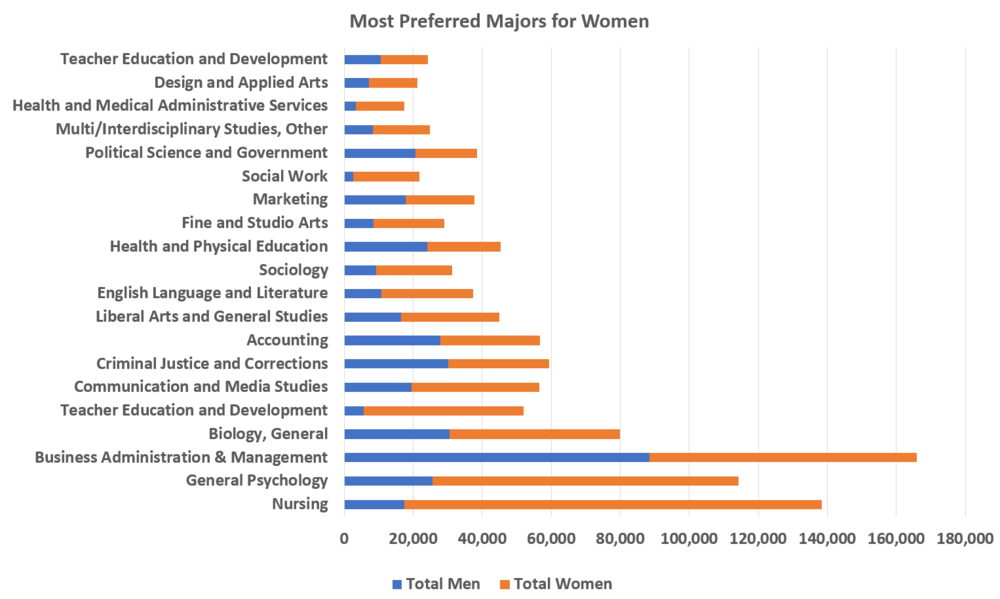A magazine worth your time.
Greetings all, as I grow more mature, mature, you say, nah old. I know only so much time exists before me. I have been on this site so long I miss a few that are now gone. I admit I will miss life but death is that quiet place where there is no missing only....
"Ancient Greek and Roman philosophers believed that we had no reason to fear death. Socrates viewed it as a dreamless sleep, while Lucretius saw no difference between two stretches of non-existence: the time before we were born and the eternity after we die. He thought we should fear both equally; that is, not at all.
Yet Shakespeare understood the human condition much better: we most certainly do fear death. Most humans are terrified of the prospect of existing no more, of taking that one final breath.
Our fear of death is the ultimate fear of missing out – on all the events, the people, the progress, the battles. When we die, the world will not pause. Life, without us, will go on.
Rather than casting this fear aside, perhaps we should invite it into the room and look it square in the eye. What do we fear we’ll miss out on when we’re gone? What should we do more – or less – of while we’re here?
All must die. But not all will truly live, making the most of the hand – however unfair it may be – they have been dealt. Will you?"
New Philosopher | Magazine
